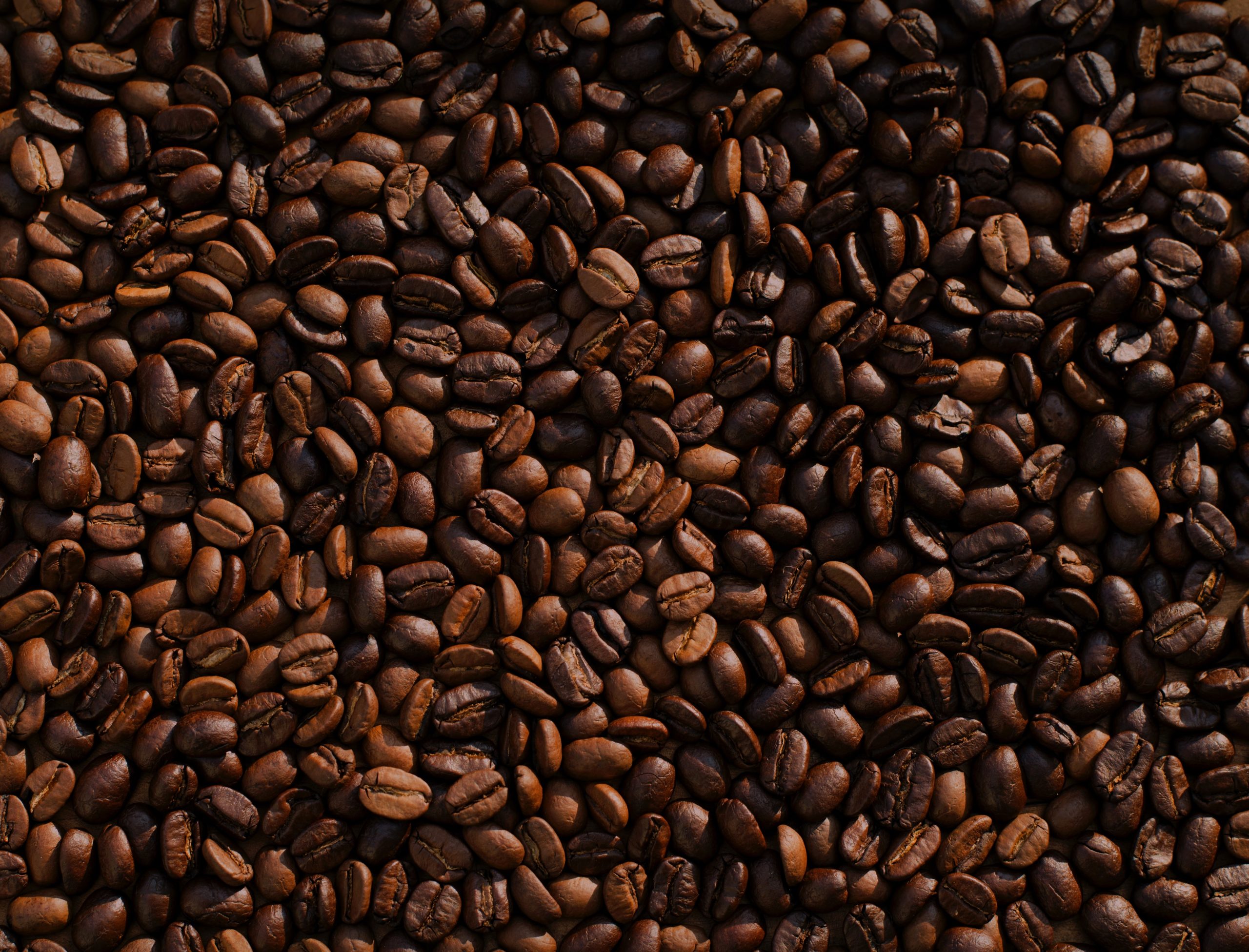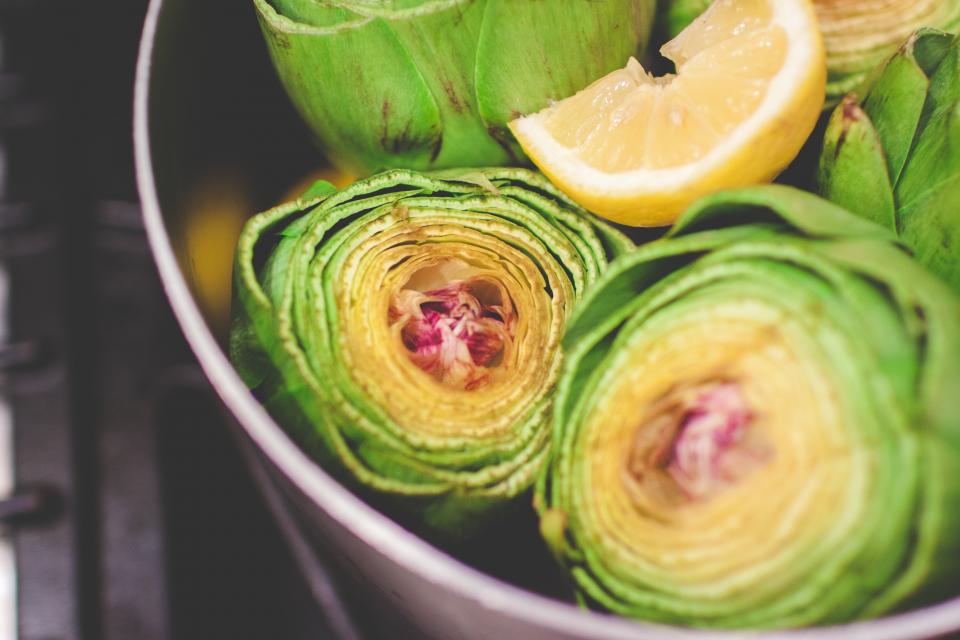As autumn arrives, the fruit and vegetable season doesn’t end. There are so many local products on sale right now that are tasty, nutritious and very healthy. Let us tell you which of these are definitely worth including in your daily diet.
The autumn range is colourful, varied and offers plenty of room for culinary experimentation. All fruits, vegetables, berries and nuts are very healthy. They will help strengthen your immune system before the cold weather. So what is a must-have?
Walnuts
Walnuts are versatile and go with any dish, dessert and dressing. They are good for the brain and CNS, liver and heart. There are quite a few essential ingredients for health. Walnuts are a source of carotene, quinones, acids, phytoncides and testosterones. It enriches the body with the following chemical elements: iron, fluorine, chromium, strontium, manganese, zinc, cobalt, potassium, calcium, phosphorus, iodine, sulfur, aluminum, copper, nickel and magnesium. In addition to tannins and vitamins A, C, E, K, PP, B1, B2, B12 and B15.
Porcini
Consuming ceps helps supplement your vitamin A, B1, C and D levels. They are also rich in sulphur, riboflavin, lecithin, ergothioneine and the alkaloid hercedin. This composition is beneficial for nails, hair, thyroid gland and stomach. Reduces harmful cholesterol.
Boiled and canned mushrooms, first and second dishes based on them are all worth eating for infections, cancer prevention, in order to speed up metabolism and improve wound healing.
Aubergine
Low-calorie vegetables have an interesting flavour. Therefore a good ingredient for caviar, stews, soups and salads. Ideal for stuffing and canning. Aubergine contains a lot of useful fats, proteins, fibre, organic acids and pectin. It contains B, C, D, PP and P vitamins.
Such components have a positive effect on cholesterol and blood sugar levels. They clean the blood vessels, which is a prevention of atherosclerosis. Aubergine is worth eating for the improvement of heart, gallbladder and intestinal function. This vegetable helps against swelling and has an antibacterial effect.
Carrots
An affordable vegetable rich in vitamins, minerals, pectin, phytoncides and essential oils. It is one of the best sources of vitamins B, C, PP, K and E and beta-carotene. Carrots are recommended for the prevention and elimination of vision problems. It is advised to use at anemia. It is very useful for overwork, as it helps the body to recover.
The root vegetable improves the cardiovascular and genitourinary systems, the gastrointestinal tract, and the skin. It is also good for your teeth when eaten raw. There are many ways to prepare carrots. They stay tasty when baked, suitable for roasts, first courses, salads and desserts.
Pears
The sweet fruit is an excellent base for desserts, compotes and jams. They can also be preserved and added to salads and main courses. The low-calorie fruit is high in fibre. It is rich in sugars, folic acid, pectin and carotene, and organic acids. Minerals include sodium, calcium, potassium, copper, iron, manganese, magnesium, phosphorus, zinc, iodine, fluorine. It is also rich in molybdenum, arbutin, essential oils and other biologically active substances. Pears contain vitamins A, C, P, E, PP and almost all B group.
Due to such composition antibacterial effect and positive influence on metabolism and blood rejuvenation are achieved. It helps to heal the heart, lower the “bad” cholesterol and solve digestive problems. It is also good for insomnia, nervousness, depression, prostatitis, and dizziness. It can also be good for people who have poorly healing wounds and no appetite.
Blueberries
This berry can be of great benefit to the body – due to its low calorie and rich micronutrient composition. It contains vitamins from the B-group, P, PP, A and K; fibre, acids (including ascorbic acid), pectin and tannins, carotene and flavonoids. Blueberries themselves, desserts and drinks based on them are useful.
It acts as an antioxidant that slows down aging. It helps the cardiovascular system, the pancreas and the intestines. Blueberries are also good for cognitive abilities. Its indications include sore throat, fever, diabetes, eye problems and various inflammatory processes. Blueberries are also an energy booster.
Figs
The tasty, healthy fruit is rich in composition. They replenish vitamins A and B; minerals: magnesium, copper, potassium, calcium and iron. It also contains ficin and fibre. This means that they have beneficial effects on the kidneys, stomach, heart and blood vessels.
Figs improve appetite, have antipyretic and laxative effects, and are recommended for colds, inflammatory processes in the mouth and respiratory tract. It also relieves hangover syndrome. Figs can be eaten alone and used to make desserts. They also go well with meat, fish, and cheese.
Horseradish
This spicy dressing spices up any dishes and preserves. It will also help improve appetite, boost energy levels and prolong life. It’s all a credit to its nutritious composition. It contains plenty of vitamins, enzymes, fibre, essential oils, amino acids and other organic compounds. Horseradish effectively reduces inflammation and kills bacteria. It can therefore be used as a remedy for cavities and gastrointestinal diseases.
Veal
When it comes to meat, veal is the best choice for autumn. It is quite a diet product – 96.8 kcal/100g. It is rich in vitamins E, PP, B1, B2, B6, B5 and B9. It helps maintain a normal balance of amino acids, magnesium, phosphorus, sodium, iron, copper, potassium and calcium. It is also an excellent source of protein and lipids. Veal is good for the digestive and circulatory systems, the CNS, the skin and mucous membranes.






